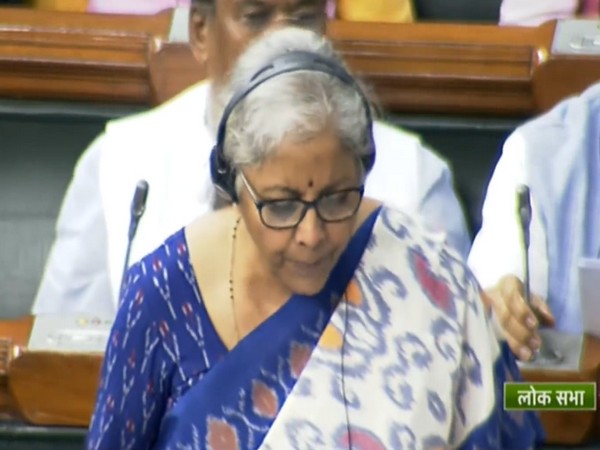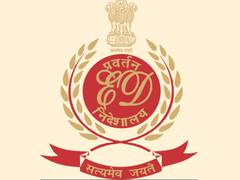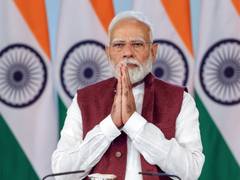Finance Bill passed in Lok Sabha, FM Sitharaman announces committee to look into pension system
New Delhi [India], March 24 (ANI): Amid the debate over certain Opposition-ruled states adopting the Old Pension Scheme (OPS), Union Finance Minister Nirmala Sitharaman on Friday announced that a new committee will be set up under Finance Secretary to look into the National Pension System (NPS) for government employees.

Speaking in the Lok Sabha during the consideration and passage of the Finance Bill, 2023, Sitharaman said the committee will set up for looking into the pension system in order to address the needs of employees, while also maintaining the fiscal prudence of the country.
The committee, she said will be headed by the Finance Secretary.
Sitharaman moved the Finance Bill 2023 in the Parliament, which was eventually passed through a voice vote amid heavy sloganeering by the Opposition MPs demanding a JPC probe into the Adani issue.
Addressing the Parliament, Sitharaman said, “I raise to move the bill to give effect to financial proposals of the central government, for the financial year 2023-24 be taken into consideration”.
She said that 11 new provisions are being brought into the bill to better represent the needs of society.
“The finance bill actually brought 10 main provisions that are beneficial for the middle class and the community as a whole, and to do ease of business. But 11 new ones are being brought now after the stakeholder consideration, which has helped to improve, that the Finance Bill better represents our society,” she said.
The Finance Minister further said that taking into consideration, the demand for improvement in the pension system, a new committee is being set up to look into the matter.
“One amendment is for the GST council which is establishing the tribunal. More importantly, representations have been received that the National Pension System for government employees need to be improved. I propose to set up a committee, under the Finance Secretary to look into the issue of pensions and evolve an approach, which addresses the need of the employees, while maintaining fiscal prudence to protect the common citizen. The approach will be designed for adoption by both central and state governments,” she added.
Sitharaman said that the Reserve Bank of India (RBI) will look into bringing payments made for foreign tours using credit cards, under tax collection.
“It has been represented that payments for foreign tours through credit cards are not being captured, under the Liberalised Remittance Scheme (LRS) and such payments escape tax collection at source. The Reserve Bank is being requested to look into this with a view to bring credit card payments for foreign tours within the ambit of LRS and tax collection at source thereon,” Sitharaman further said.
Notably, under OPS, a government employee is entitled to a monthly pension after retirement. The monthly pension is typically half of the last drawn salary of the person.
Under the NPS, employees contribute a portion of their salaries to the pension fund. Based on that, they are entitled to a one-time lump sum amount on superannuation.
For the record, the old pension scheme was discontinued in December 2003, and the new pension scheme came into effect on April 1, 2004.
However, five states namely, Rajasthan, Chhattisgarh, Jharkhand, Punjab, and Himachal Pradesh, have informed the Centre about their decision to revert to the old system.
Earlier on Thursday, the Lok Sabha passed demands for grants authorising expenditure of about Rs 45 lakh crore for 2023-24.
The proposal moved by the Finance Minister, was passed by voice vote amid protests by opposition members over their demand for a JPC probe into the Adani issue.
The two Houses of Parliament have been witnessing adjournments over the repeated logjam. While the BJP has been demanding an apology from Congress leader Rahul Gandhi over his remarks in the United Kingdom. While the opposition has been demanding a Joint Parliamentary Committee probe into the Hindenburg-Adani row.
The second half of the budget session began on March 13 and will commence on April 6.
The Finance Minister presented the Union Budget on February 1.






